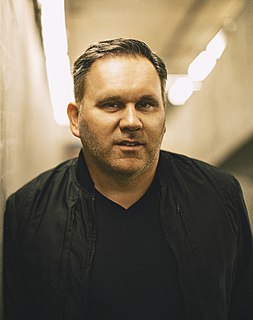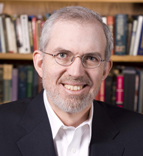A Quote by Billy Graham
... the way we view death determines, to a surprising degree, the way we live our lives.
Quote Topics
Related Quotes
The way we deny death says something about how we live our lives, doesn't it? At least in Sweden or Scandinavia, you don't have to search further back in time than maybe three generations to find another way to relate to death. People then had a different, closer relationship with death; at least it was like that in the countryside.
They alone live whose lives are in the whole universe, and the more we concentrate our lives on limited things, the faster we go towards death. Those moments alone we live when our lives are in the universe, in others; and living this little life is death, simply death, and that is why the fear of death comes.
But how to know the falsity of death? How can we know there is no death? Until we know that, our fear of death will not go either. Until we know the falsity of death, our lives will remain false. As long as there is fear of death, there cannot be authentic life. As long as we tremble with the fear of death, we cannot summon the capacity to live our lives. One can live only when the shadow of death has disappeared forever. How can a frightened and trembling mind live? And when death seems to be approaching every second, how is it possible to live? How can we live?
The way we live our daily lives is what most effects the situation of the world. If we can change our daily lives, then we can change our governments and can change the world. Our president and governments are us. They reflect our lifestyle and our way of thinking. The way we hold a cup of tea, pick up the newspaper or even use toilet paper are directly related to peace.
The Nigerian storyteller Ben Okri says that ‘In a fractured age, when cynicism is god, here is a possible heresy: we live by stories, we also live in them. One way or another we are living the stories planted in us early or along the way, or we are also living the stories we planted — knowingly or unknowingly — in ourselves. We live stories that either give our lives meaning or negate it with meaninglessness. If we change the stories we live by, quite possibly we change our lives.’


































